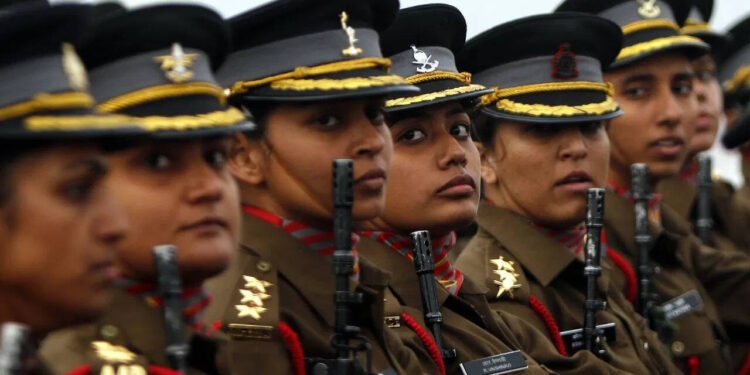UPSC Mains 2024: There is a need to take special care in the preparation of History (optional) in the Civil Services Main Examination of the Union Public Service Commission starting from September 20. According to Akhtar Malik, history expert of Drishti IAS, special attention should be paid to the achievements of Indian history.
There is a need to be very careful in preparing for History (optional) for the Civil Services Main Examination of the Union Public Service Commission starting from September 20. According to Akhtar Malik, history expert of Drishti IAS, special attention should be paid to the achievements of Indian history. Apart from paying special attention to the map, the following points should be kept in mind-
First paper: Ancient India: Stone Age and Indus Valley period archaeological sites and archaeological sources, Indus Valley Civilization, Analytical study of Vedic period, Religious Philosophy, especially Shaiva, Jain, Buddhist and Vaishnava (Nayanar, Alvar), special focus on their related Acharyas, literary texts, sects and sub-sects.
Important rulers of Mahajanapada and Maurya period and their achievements and reasons for downfall etc., Ashoka’s inscriptions, Dhamma propagation by Ashoka and cultural achievements of Ashoka period comparative review, cultural achievements and literary contribution of post-Mauryan period, conceptual information of social and economic conditions.
Administration, economic and cultural achievements of Sangam period especially related to Chola, Chera, Pandya, Satvahana etc., especially with reference to architectural style, Gupta period politics, society and strategic situation, cultural achievements etc., dynasties of post-Gupta period and their cultural achievements, literary works of scholars like Kalidasa, Varahamihira, Shudraka, Charak etc. and the subjects discussed in them.
Under art, factual information on temples, architecture, currency, sculpture, caves, etc. and locating important areas on the map. Information related to urbanization, rural economy, trade, commerce and the status of women in the early medieval period, religious philosophy in Shankaracharya, Vedanta, etc., religion, literature, art and architecture.
Administration in the medieval Delhi Sultanate, socio-cultural and reforms carried out by various rulers, Indo-Islamic culture; especially elements of literature and art and political and ideological views about important medieval rulers with special reference to Khilji, Tughlaq and Akbar, cultural influence of the Mughal period.
Second Question Paper Modern India- Study of important events from 1600 to 1885 with a view to comparative review, British expansion and Western influence on economy, society, culture etc., social reform movements, tribal, farmers etc.
Conceptual knowledge about the rise of nationalism from 1885 to 1947, liberal phase, extremist phase, Gandhian phase etc. and Gandhian movement, important personalities and their ideology. Various rules, laws, acts etc. brought by the Europeans, conceptual understanding about various newspapers and magazines published during the freedom movement, influence of contemporary ideologies like socialism, capitalism, communism in India.
World History American, French Revolutions, unification of nations and redrawing of boundaries from the viewpoint of nationalism and democracy, industrialization, colonialism, liberalization and Marxist ideology etc., comparative review of two world wars and cold war, third world etc. See the above topics in the special context of global impact.






